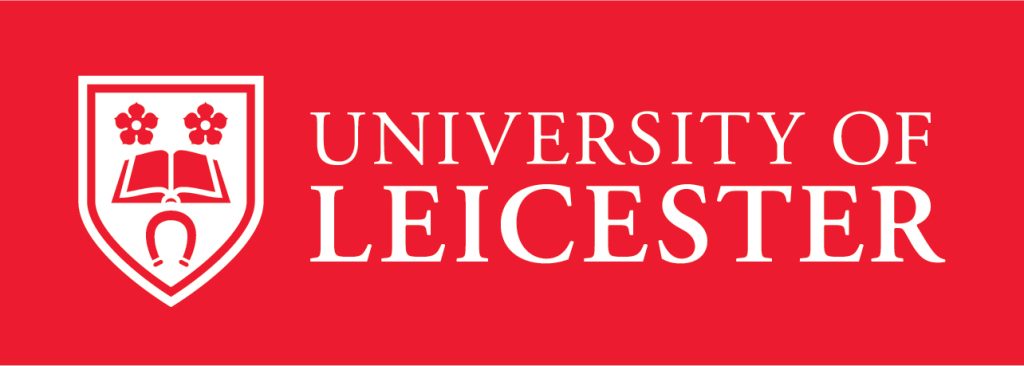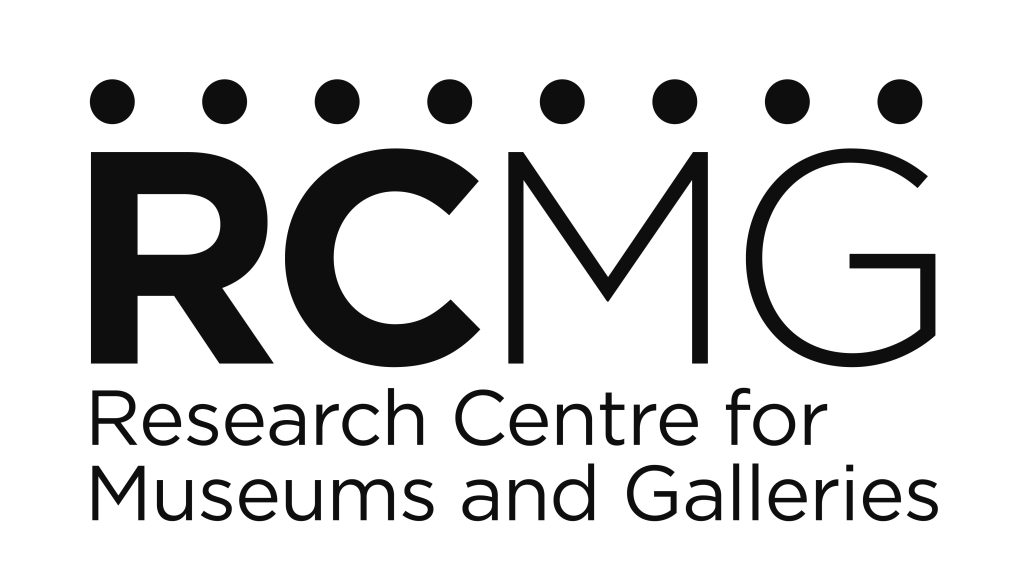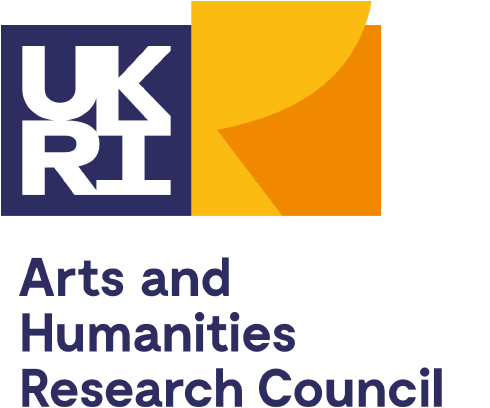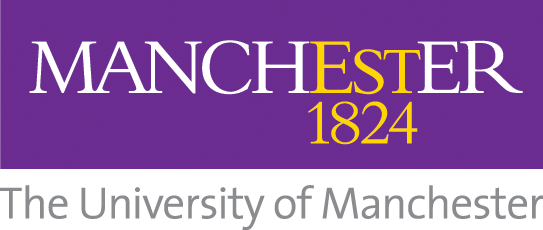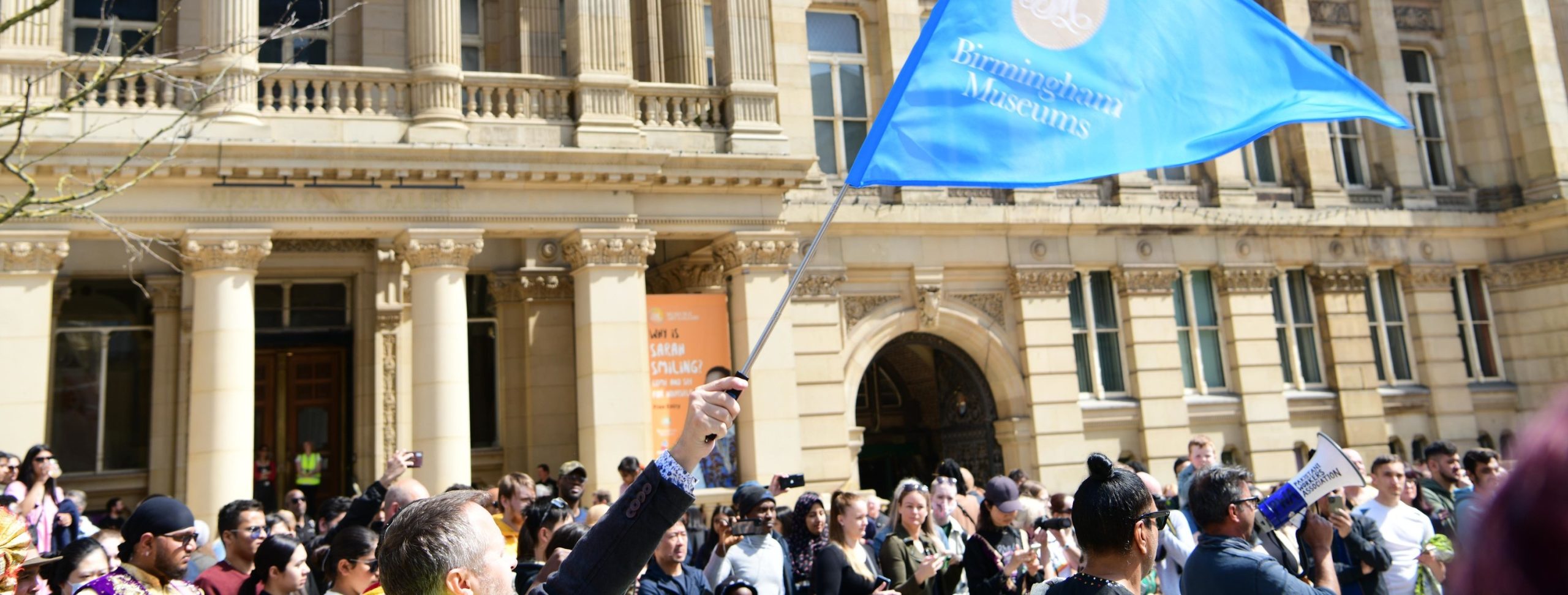As part of the Network, we are opening up 8 of the Keynote talks. Anyone is welcome to attend. The talks will be live streamed and we will also share recordings of the talks on this page.
Workshop 1, 24 October 2023 | Understanding Inequality: the primacy of Low Educational Attainment as a predictor of non-attendance
Location: Thinktank, Millennium Point, Curzon St, Birmingham B4 7XG
This workshop focused on the sociology of inequality and low educational attainment and explored this in relation to the data sets on museum attendance such as the Taking Part Survey and the intuitive understandings of inequality that drive museum practice. Focused on understanding the data and the increasing attendance and benefit gap, it will interrogated the specific contexts and local situations within which interventions developed by museums play out by utilising data from one of the partner museums to build a live case study. Two Keynote talks were provided in the morning by Professor Diane Reay from the University of Cambridge and Professor Henrietta O’Connor from the University of Leicester.
Workshop 2, 29 February 2024 | Museums and Representative Participation
Location: Thinktank, Millennium Point, Curzon St, Birmingham B4 7XG
Keynote 1 | Museums in a City of Equals, Professor Jonathan Wolff
In the book City of Equals (OUP 2024) Avner de-Shalit and I explore what it is that makes some cities embody what we call ‘the egalitarian spirit’. Our argument is that in a city of equals each person has a secure sense of belonging: ‘I’m proud of my city and my city is proud of (people like) me.’ In this talk I will consider how the museum sector can strengthen people’s sense of belonging in relation to the further themes developed in City of Equals.
Keynote 2 | Culture and Social Inequality in the UK, Professor Andrew Miles
This talk draws on the thinking behind and findings of a large national project on how culture is understood and experienced by people in their everyday lives. It will consider three questions in particular: Why does culture matter? Why don’t more people in the UK visit museums? How has cultural participation changed since the Covid-19 pandemic?
Workshop 3, 11 April 2024 | Understanding Health Inequalities: What evidence to trust?
Location: Thinktank, Millennium Point, Curzon St, Birmingham B4 7XG
This keynote draws on Oman’s monograph Understanding Well-being Data; Improving Social and Cultural Policy, Practice and Research (2021, Palgrave Macmillan, Open Access). Open Access funding was awarded by Wellcome Trust and has also enabled the book to be published as an interactive website www.well-beingdata.com. The website was designed to improve accessibility to the book contents and facilitate teaching and training across education, policy and practice. Illustrations from the slides are from three short animations, explaining data, well-being and understanding to different audiences, and are available (fully credited) here: https://well-beingdata.com/films-on-player-sheffield-ac-uk/
Keynote 3 | Objects of Wonder and Subjects of Grief, Dr Errol Francis
Whilst museums can be showcases for wonderful objects that can bring us pleasure and joy, they are also places that reenact loss and grief. This is because many collections have a traumatic provenance that can be transmitted to us in a way that challenges the often-stated view that museums are restorative environments that enhance wellbeing. I will address this topic by analysing several specific objects that represent this dichotomy of wonder and grief.
Workshop 4, 24-25 June 2024 | Building Sustainable Change
Using Implementation Science to Address the Museum Attendance Gap, Laura Damschroder and Caitlin Reardon
Excerpt from a two-day workshop delivered by Laura Damschroder and Caitlin Reardon at the University of Leicester on 24-25 June 2024.
